Category
Bike Maintenance Cadence Sensor Charge E-bike E-Bike Accessories E-Bikes Display Guides & Tips Torque sensorLastest Blog Post
How to Charge My E-Bikes?
E-bikes are rapidly becoming the go-to option for daily commuting and outdoor activities, offering convenience, speed, and environmental benefits. To make the most out of your e-bike’s battery life, proper charging practices are essential. This blog will guide you through the steps to charge your e-bike effectively, ensuring long battery life and safe use.
1. Choose the Right Charging Location
Safety should be your top priority when charging your e-bike. Always choose a dry, well-ventilated area for charging. Avoid charging in extreme temperatures, as both high heat and freezing cold can negatively impact the battery’s performance. Additionally, make sure the charging area is free from flammable materials, as the battery generates heat while charging.
2. Use the Manufacturer's Charger
Using the charger that comes with your e-bike is crucial. Different e-bike batteries have varying capacities and charging voltages, so using a non-compatible charger could lead to overcharging or damaging the battery. VTUVIA chargers are typically equipped with protective circuits to prevent overcharging, overheating, or short-circuiting.

3. Inspect the Battery Before Charging
Before plugging in your e-bike, take a moment to inspect the battery for any signs of damage or leakage. If you notice anything unusual, refrain from charging and contact the manufacturer or a service center. Ensure that the battery terminals are clean and free of debris to avoid any charging issues.
4. Properly Connect the Charger
When connecting your charger, always plug the charger into the battery first and then connect it to the power outlet. This sequence helps minimize the risk of electric shock and reduces stress on the battery. After charging, reverse the process by unplugging from the wall first and then disconnecting from the battery.
5. Avoid Overcharging
Although most modern e-bike batteries come with smart charging systems that stop charging when the battery is full, it’s still advisable to disconnect the charger as soon as the battery is fully charged. Overcharging can reduce the battery’s capacity and overall lifespan.
6. Charge and Discharge Regularly
Even if you don’t use your e-bike frequently, it’s a good idea to charge and discharge the battery every 1-2 months. This practice keeps the battery cells active and extends the battery’s life. If you plan on storing the e-bike for an extended period, keep the battery charged to around 50% and store it in a cool, dry place.
7. Avoid Deep Discharge
Letting your battery completely drain before charging can also shorten its lifespan. It’s recommended to charge your e-bike when the battery level drops below 20%. Deep discharging can cause internal damage to the battery, reducing its capacity over time.
8. Ensure Safe Charging Conditions
Whenever possible, avoid leaving your e-bike unattended while charging. Although e-bike batteries are designed with multiple safety features, unforeseen issues like overheating or charger malfunctions can still occur. Keeping an eye on the charging process ensures that you can respond quickly to any potential problems.
9. Be Environmentally Responsible
When your e-bike battery eventually reaches the end of its life, don’t dispose of it with regular household waste. E-bike batteries contain heavy metals and hazardous substances that can harm the environment. Instead, take the battery to a designated recycling center or contact the manufacturer for proper disposal instructions.
Conclusion
Properly charging your e-bike not only enhances safety but also extends the battery’s lifespan. Whether you use your e-bike daily or only occasionally, following these charging tips will help you maintain your battery in top condition. Remember to use the manufacturer’s charger, avoid overcharging, and regularly check the battery’s condition. Enjoy your rides and keep your battery in peak performance!


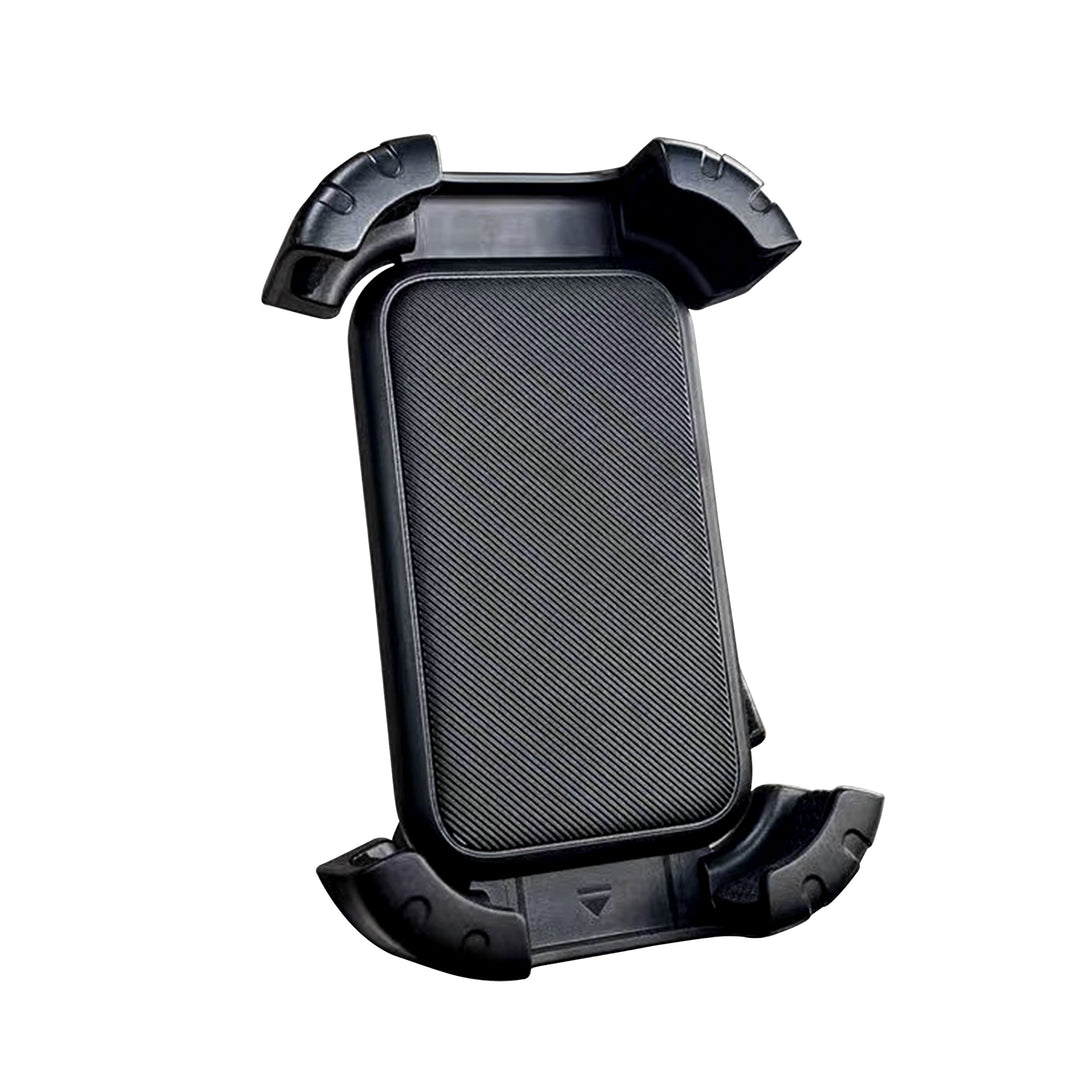

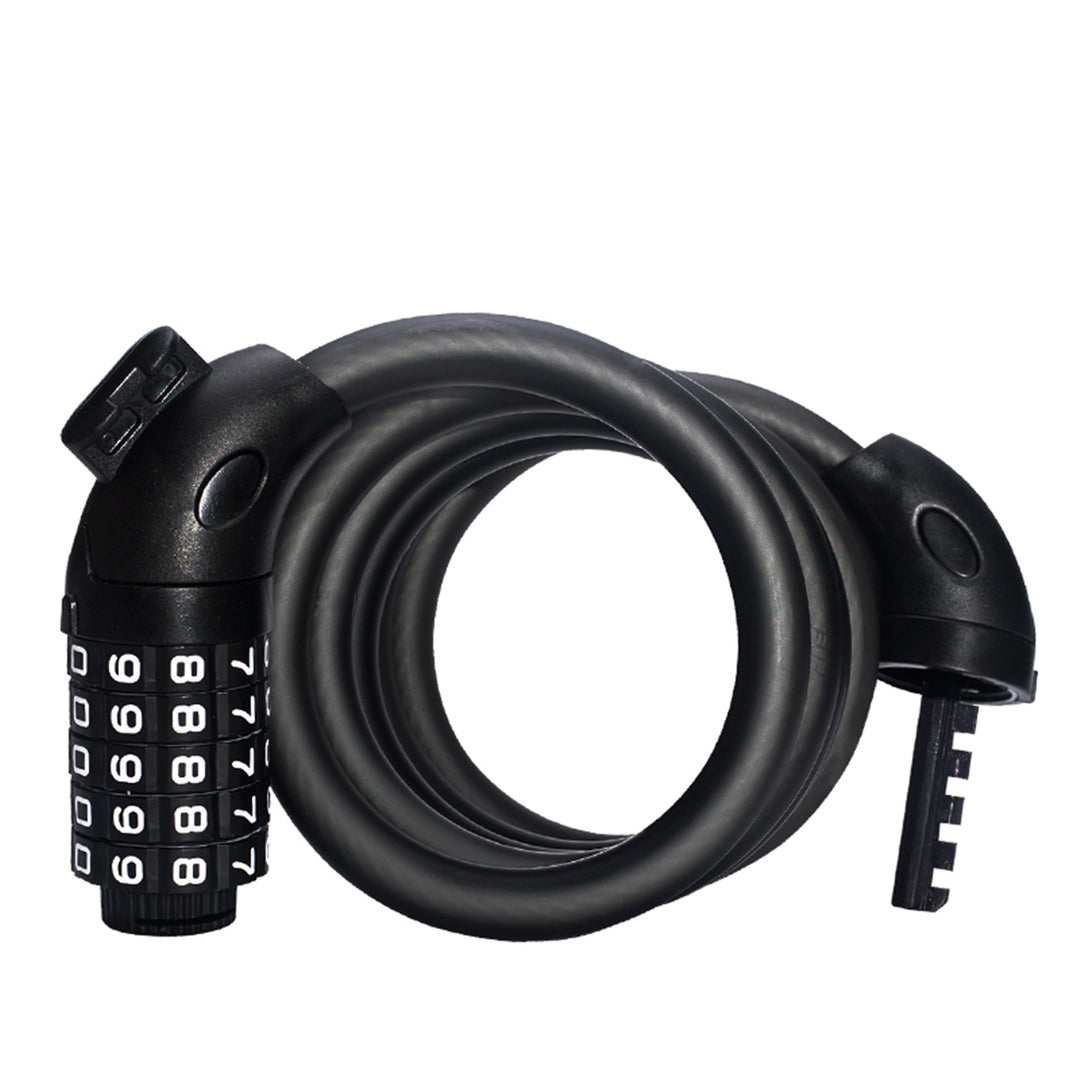

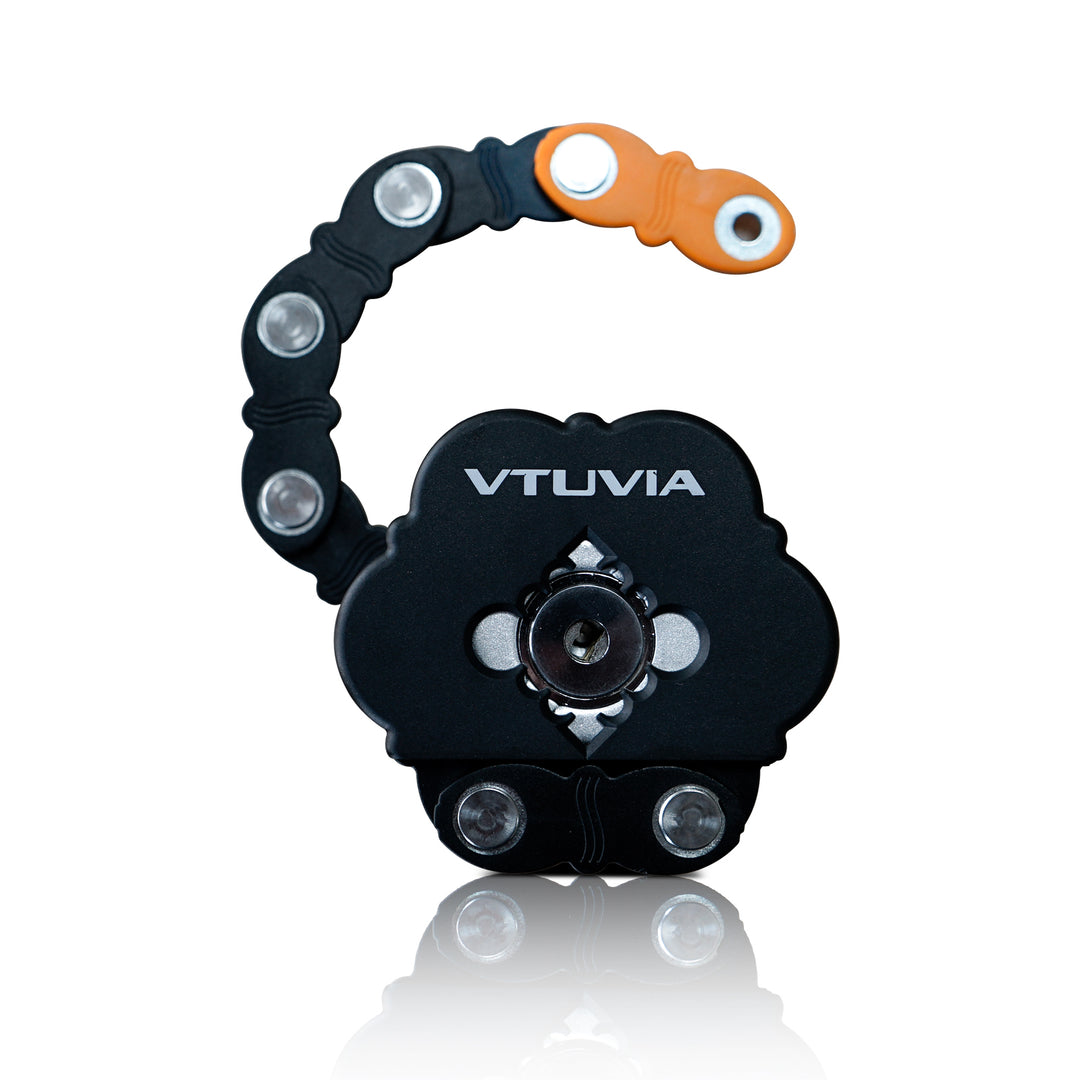

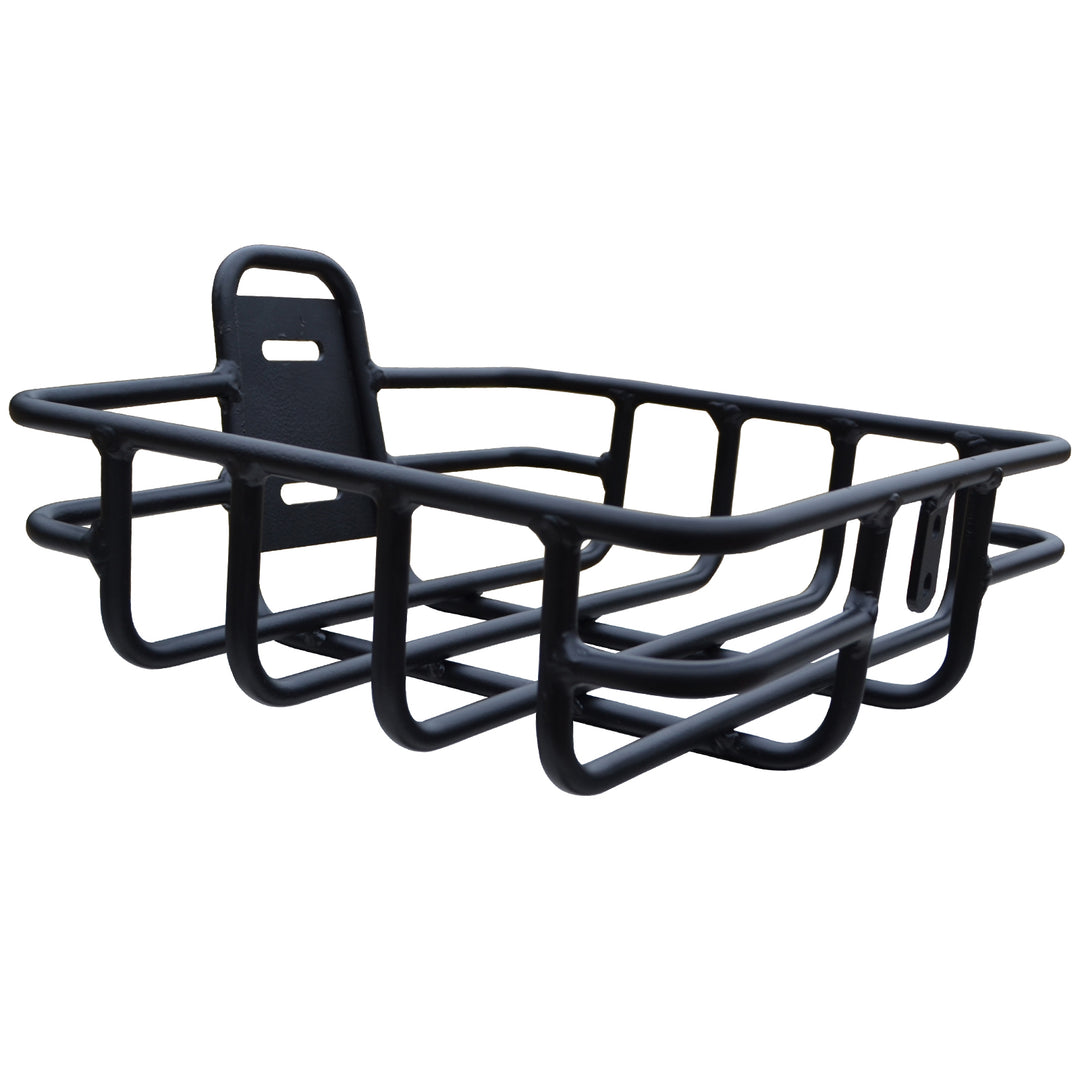

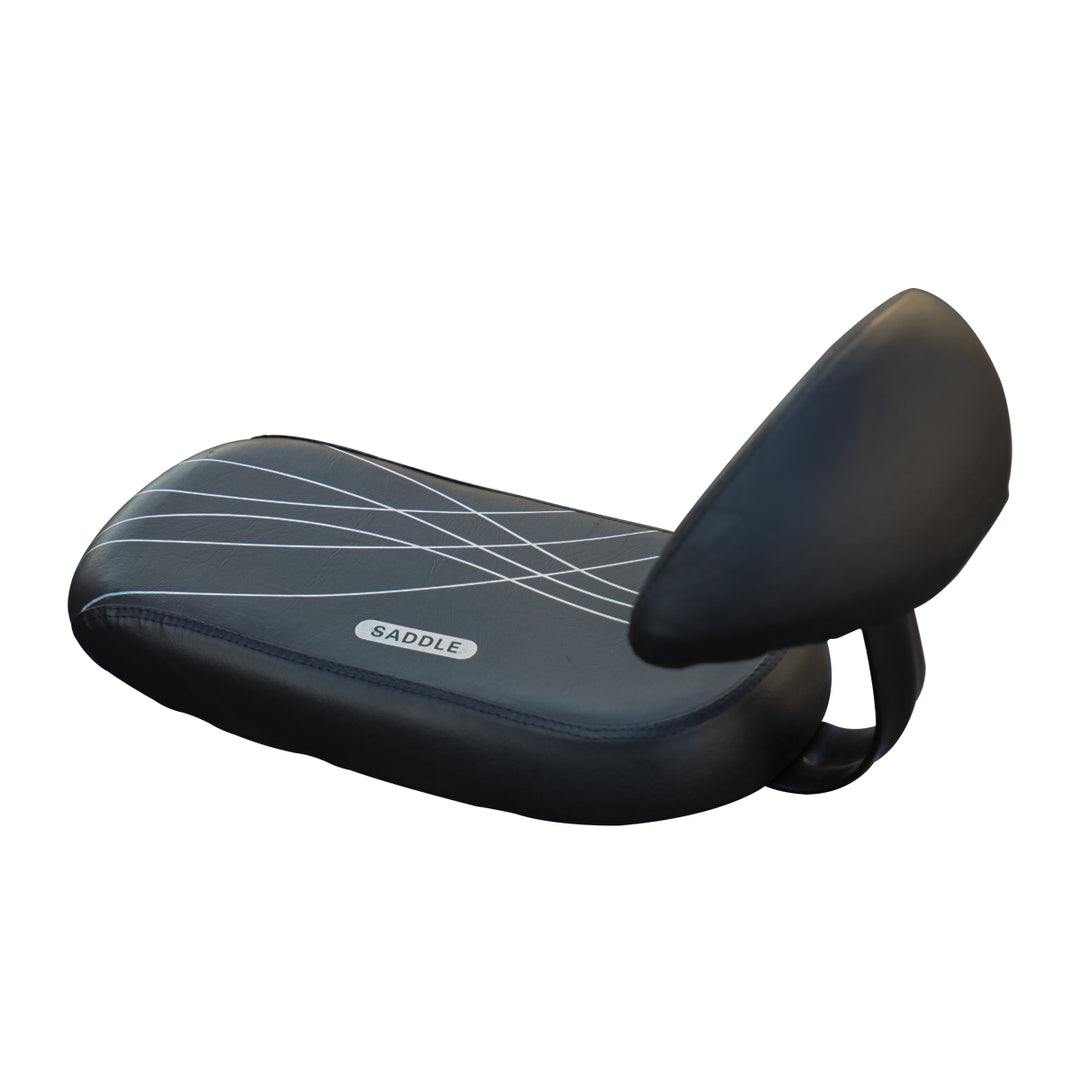

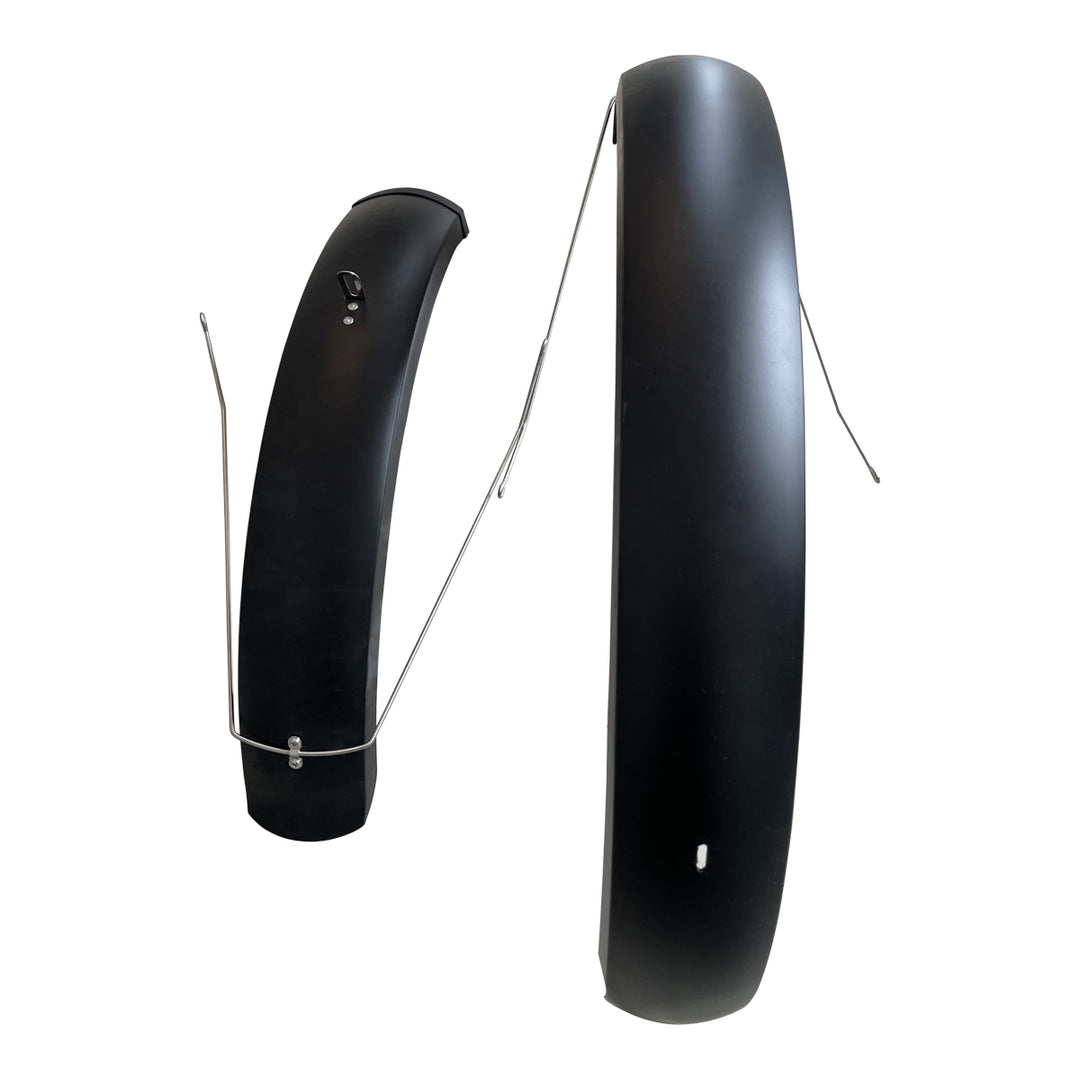

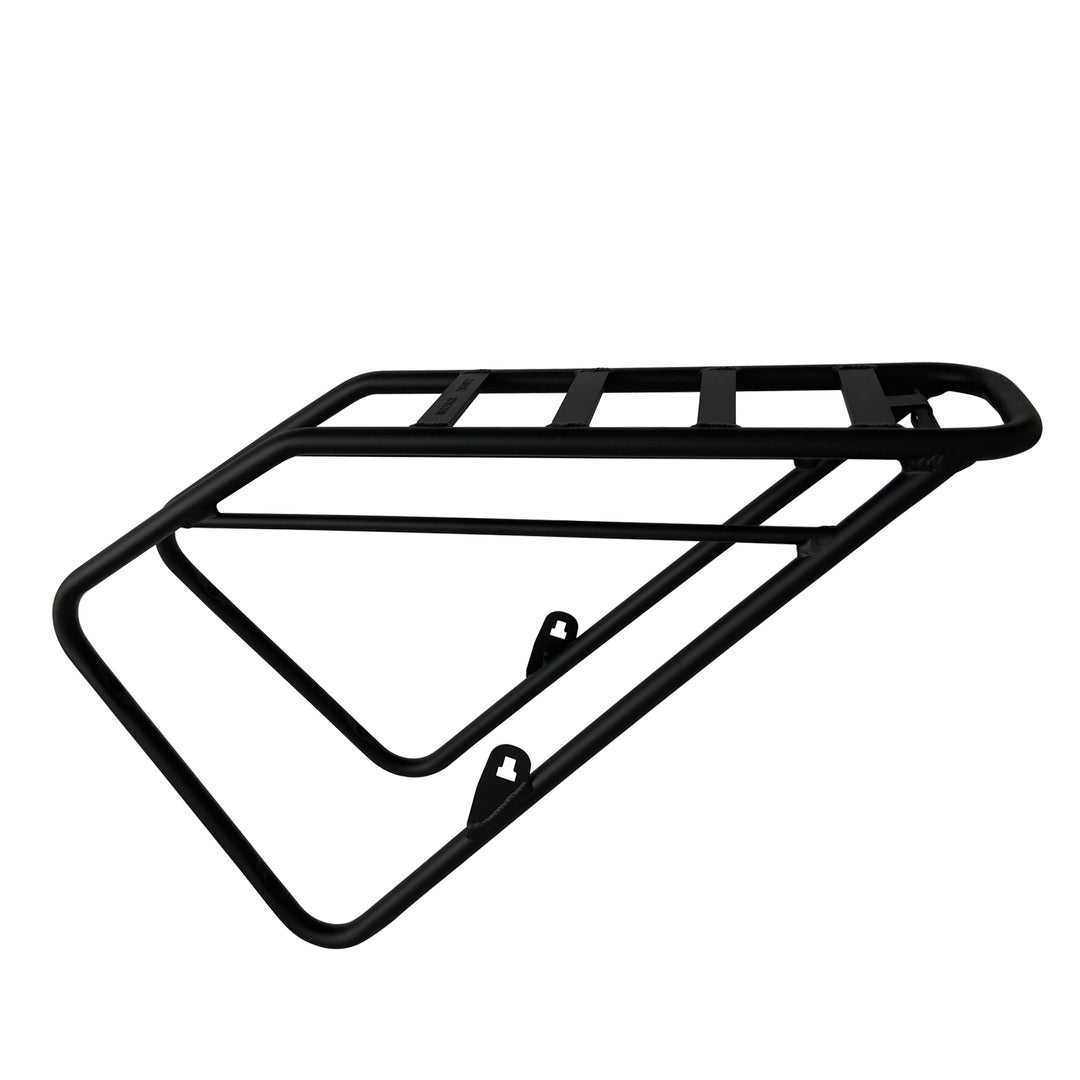










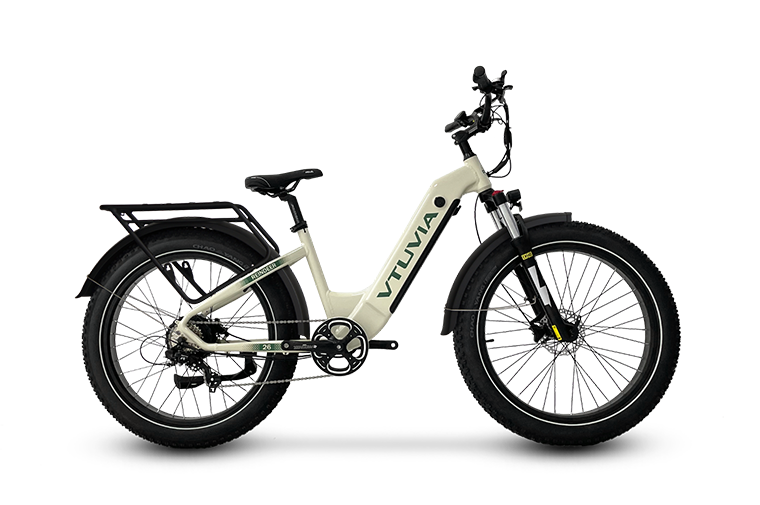












 Mid-Drive Electric Bikes
Mid-Drive Electric Bikes
 City & Commuter Ebikes
City & Commuter Ebikes
 Off-Road & Fat Tire
Off-Road & Fat Tire
 Folding Electric Bikes
Folding Electric Bikes
 Step-Through E-Bikes
Step-Through E-Bikes
 Super Power
Super Power
 High-Step Electric Bikes
High-Step Electric Bikes
 CMB PRO 10-Speed E-bike
CMB PRO 10-Speed E-bike
 SF20H Step-Thru Folding Fat Tire E-Bike
SF20H Step-Thru Folding Fat Tire E-Bike
 SX20 Antelope Step-Thru Folding E-Bike
SX20 Antelope Step-Thru Folding E-Bike
 Giraffe Commuter Electric Bike
Giraffe Commuter Electric Bike
 Reindeer 26 Inch Step-Thru Fat Tire E-Bike
Reindeer 26 Inch Step-Thru Fat Tire E-Bike
 SN100 26 Inch Hunting Fat Tire E-Bike
SN100 26 Inch Hunting Fat Tire E-Bike
 VTUVIA Handlebar Grip Mirror
VTUVIA Handlebar Grip Mirror
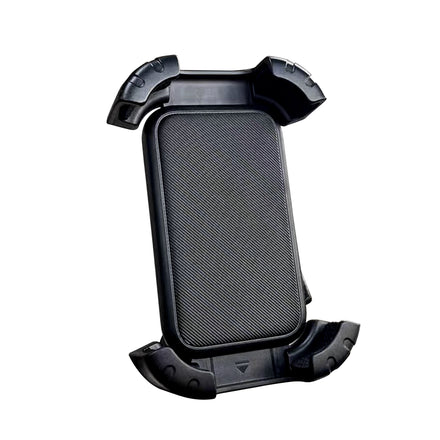 Bike Phone Mount
Bike Phone Mount
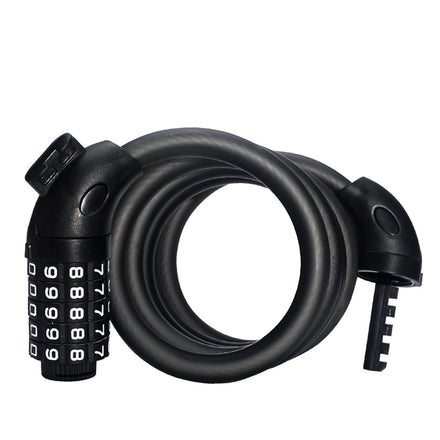 Bicycle Cable Lock
Bicycle Cable Lock
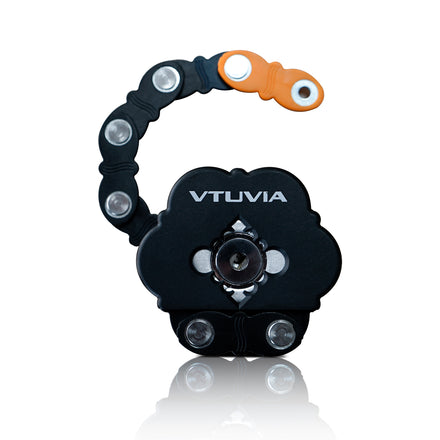 VTUVIA Chain Lock
VTUVIA Chain Lock
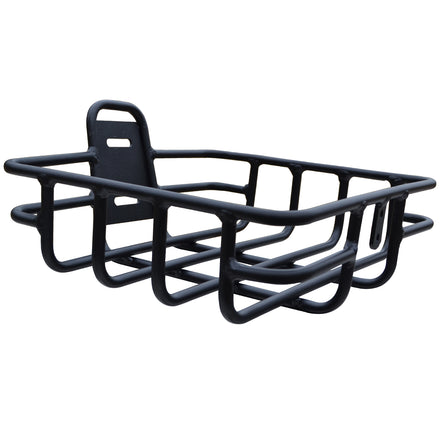 VTUVIA Front Basket
VTUVIA Front Basket
 Rear Seat Saddle
Rear Seat Saddle
 VTUVIA Fenders
VTUVIA Fenders
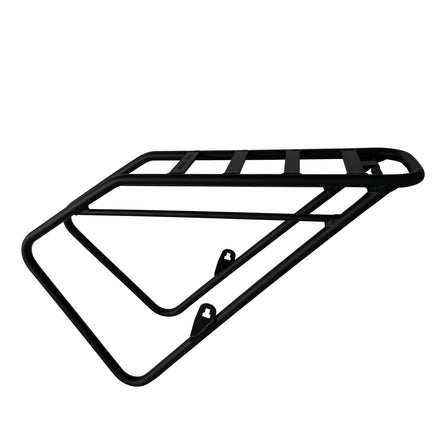 VTUVIA Rear Rack
VTUVIA Rear Rack
 ABUS HUD-Y
ABUS HUD-Y
 ABUS HYBAN 2.0 LED
ABUS HYBAN 2.0 LED
 ABUS HYBAN 2.0 MIPS
ABUS HYBAN 2.0 MIPS
 ABUS MOVENTOR 2.0 MIPS
ABUS MOVENTOR 2.0 MIPS
 ABUS PEDELEC 2.0 - NTA 8776 Certified
ABUS PEDELEC 2.0 - NTA 8776 Certified
 ABUS PEDELEC 2.0 MIPS - NTA 8766 Certified
ABUS PEDELEC 2.0 MIPS - NTA 8766 Certified
 ABUS SCRAPER 3.0
ABUS SCRAPER 3.0
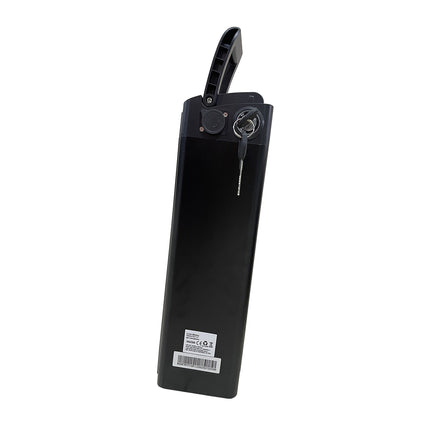 VTUVIA SF20/SF20H/SK20 Battery
VTUVIA SF20/SF20H/SK20 Battery
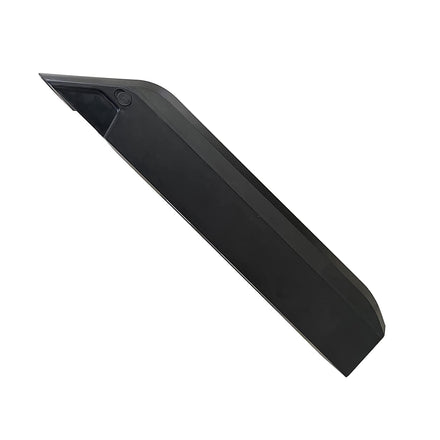 VTUVIA SN100/SJ26 Battery
VTUVIA SN100/SJ26 Battery
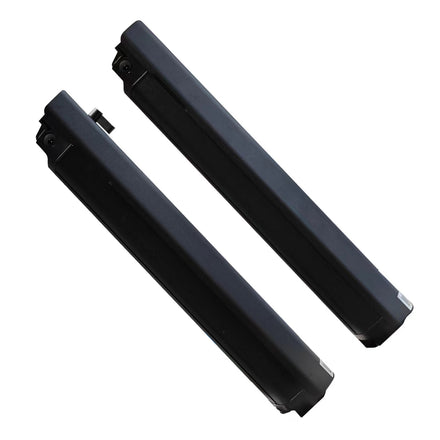 VTUVIA Gemini Battery
VTUVIA Gemini Battery
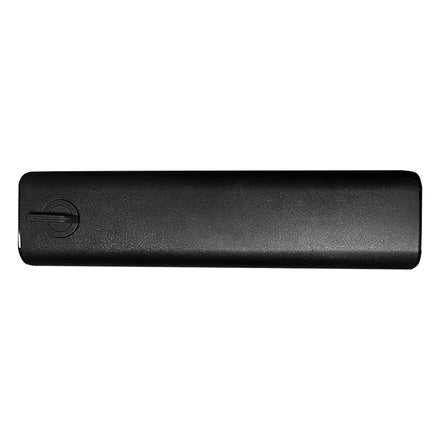 VTUVIA SX20/Reindeer/FMB Battery
VTUVIA SX20/Reindeer/FMB Battery
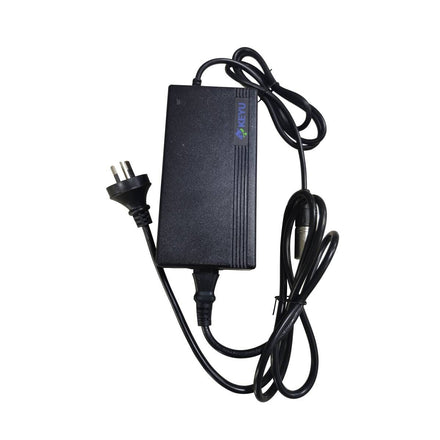 VTUVIA 48V 2Ah Charger
VTUVIA 48V 2Ah Charger
 VTUVIA 48V 3Ah Charger
VTUVIA 48V 3Ah Charger
 VTUVIA 750W Controller
VTUVIA 750W Controller
 VTUVIA Quick Release
VTUVIA Quick Release
 VTUVIA Cadence Sensor
VTUVIA Cadence Sensor
 VTUVIA Replacement Keys
VTUVIA Replacement Keys
 VTUVIA SF20 Half-twist Throttle
VTUVIA SF20 Half-twist Throttle
 VTUVIA Crankset
VTUVIA Crankset
 VTUVIA Rear Light Bike Taillight
VTUVIA Rear Light Bike Taillight
 VTUVIA SF20 Power-off Brake Handle
VTUVIA SF20 Power-off Brake Handle
 ABUS 8808C/110-8mm Square BK (3.7') (61494)
ABUS 8808C/110-8mm Square BK (3.7') (61494)
 ABUS TRESOR Combo Coil 6512C/180/12 BK SCMU (5.9') (13414)
ABUS TRESOR Combo Coil 6512C/180/12 BK SCMU (5.9') (13414)
 ABUS TRESOR 1385/85-7MM Square BK (2.8') (48566)
ABUS TRESOR 1385/85-7MM Square BK (2.8') (48566)
 ABUS STEEL-O-CHAIN 9808K/140-8MM Square BK (4.6') (95565)
ABUS STEEL-O-CHAIN 9808K/140-8MM Square BK (4.6') (95565)
 ABUS STEEL-O-CHAIN 9809K/170-9MM Square BK (5.6') (95551)
ABUS STEEL-O-CHAIN 9809K/170-9MM Square BK (5.6') (95551)
 ABUS STEEL-O-CHAIN 9809K/85-9MM Square BK (3.7') (95548)
ABUS STEEL-O-CHAIN 9809K/85-9MM Square BK (3.7') (95548)
 VTUVIA SN100/SJ26 Seatpost
VTUVIA SN100/SJ26 Seatpost
 VTUVIA SF20/SF20H Seatpost
VTUVIA SF20/SF20H Seatpost
 VTUVIA SX20 Seatpost
VTUVIA SX20 Seatpost
 VTUVIA Thumb Throttle
VTUVIA Thumb Throttle
 VTUVIA Waterproof Integrated line
VTUVIA Waterproof Integrated line











